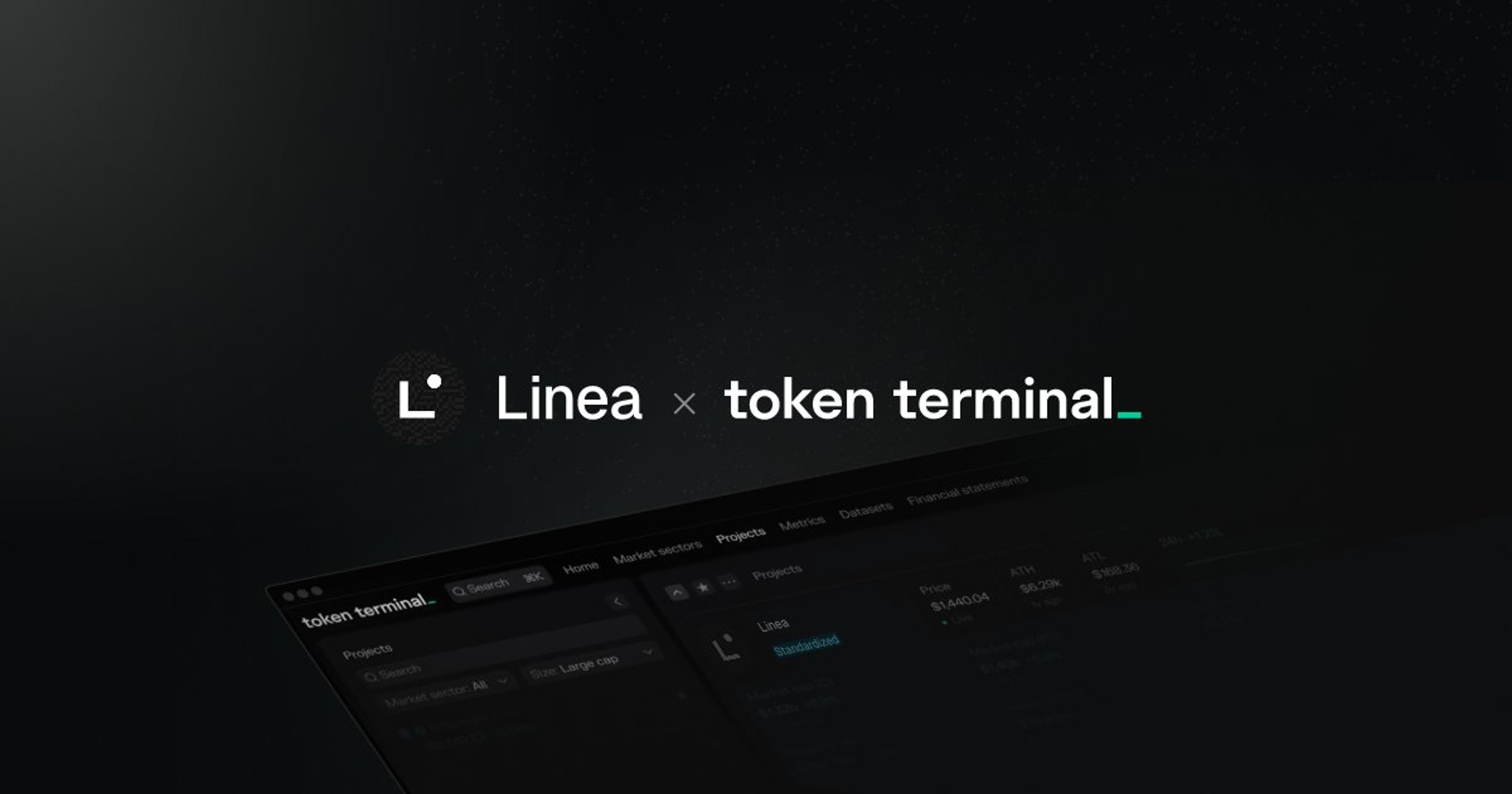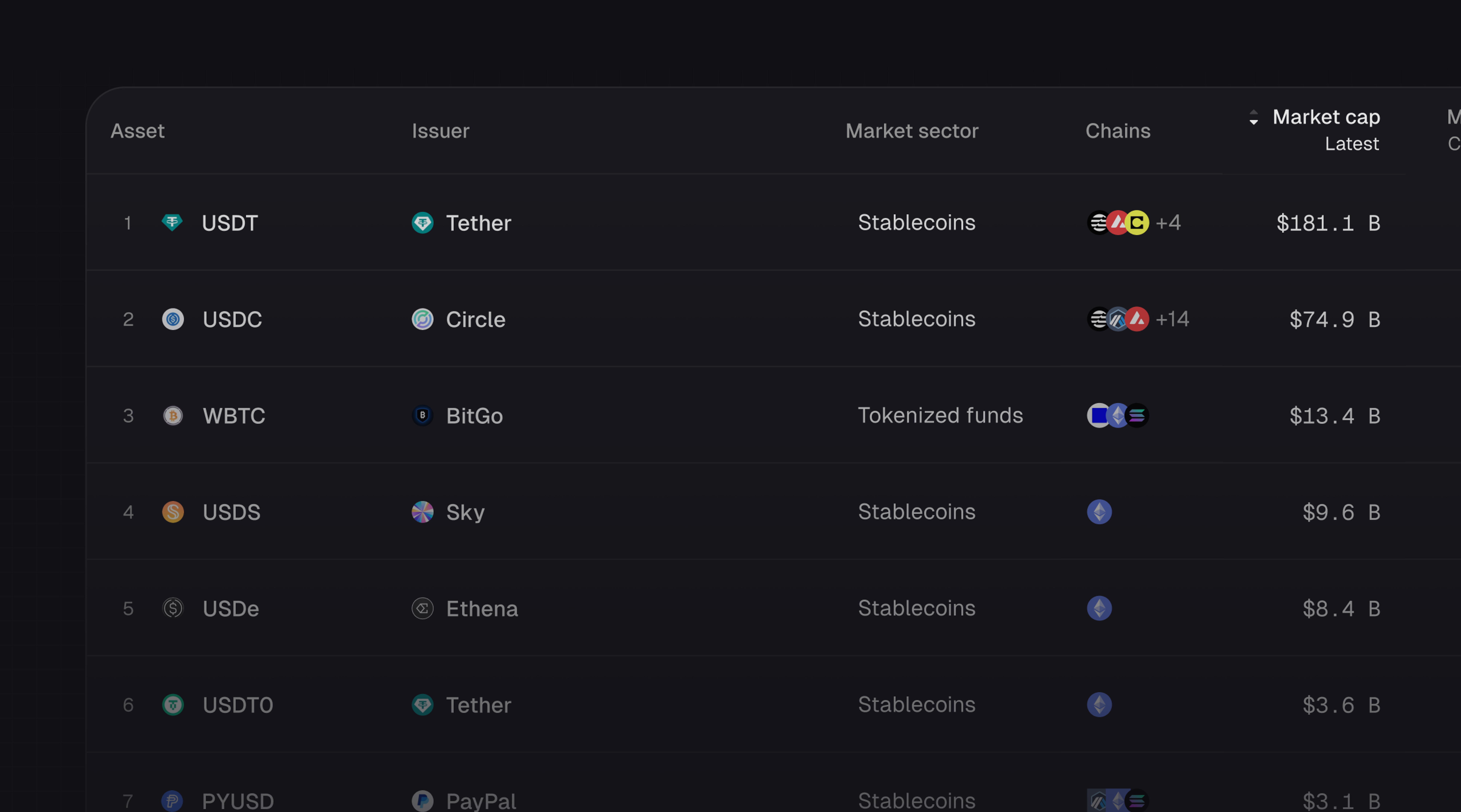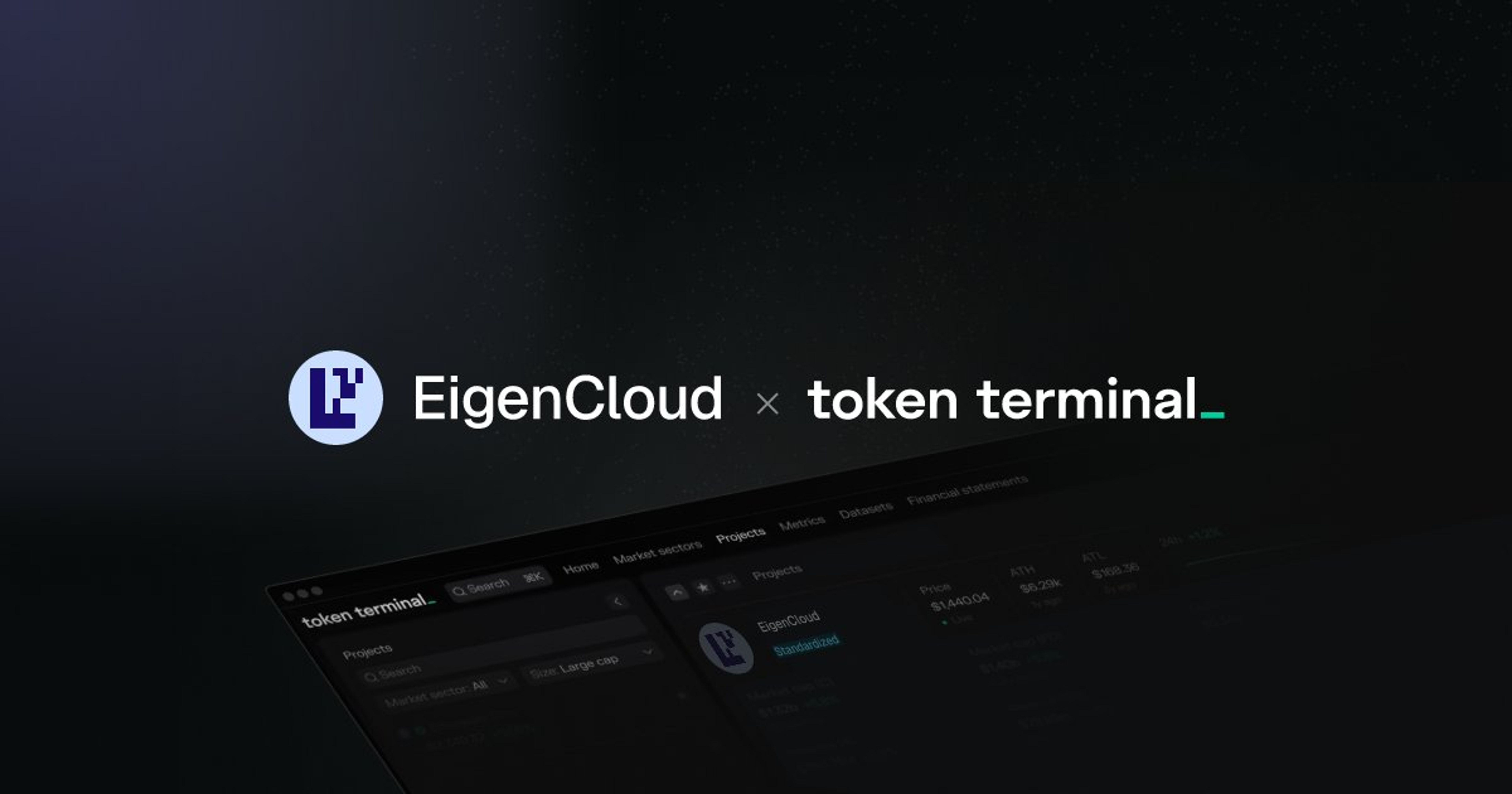Research
TL;DR: Gnosis is a decentralized exchange that pools limit orders of different tokens, pays “solvers” to suggest how those orders should…

TL;DR: Gnosis is a decentralized exchange that pools limit orders of different tokens, pays “solvers” to suggest how those orders should be settled (every 5 minutes), and finally executes the most cost-efficient settlement suggestions on-chain.
Pooling limit orders:
A user creates limit orders for different tokens they wish to trade. For example, Alice can specify she is willing to sell X $SNX for at least Y $LINK.
Solver suggestions:
Solvers try to find the most optimal way to match limit orders within a batch. The most optimal way means delivering the best possible trading prices and settling as much trade volume as possible.
Trade execution:
The protocol executes the best solver suggestion and pays trading fees to the solver and GNO tokenholders. In Gnosis, traditional immediate trade execution is replaced by batched auctions, where trades are settled after a delay period.
What’s unique about Gnosis?
Gnosis is designed to improve the liquidity of the long-tail of tokens and is optimized for larger trade sizes (compared to AMMs like Uniswap).
Gnosis vs. Uniswap?
Gnosis uses shared liquidity instead of having liquidity pools for specific token pairs (the Uniswap model).
Each asset in a Gnosis batch has a single price, whereas assets in Uniswap liquidity pools can have different prices in the same block.
Gnosis features:
- Anyone can list tokens and build integrations.
- Open competition among solvers (no central operator).
- Ring trades → pooled and optimized settlement.
- Transaction batching → limit price guarantee and no frontrunning.
- Fees included in limit prices.
UIs built on top of Gnosis?
Mesa, the 1st trading interface built on top of Gnosis, supports trading and simple market making for stablecoins. Users can market make with minimal effort, add liquidity, and earn a competitive yield on their assets.
How does Gnosis make $$$?
The protocol has a built-in fee of 0.1% for each trade.
The fee is split evenly between the solvers and GNO tokenholders, which means that GNO tokenholders benefit from increased volume.
How is the protocol governed?
The protocol is decentralized and permissionless. It cannot be upgraded (no admin keys and governance) and will run for as long as Ethereum is around.
Token Terminal provides financial and business metrics on crypto protocols — metrics we’re used to seeing applied to traditional companies, e.g the P/E ratio. Crypto protocols operate like traditional businesses, only they do it directly on the Internet.
For more, check out Token Terminal’s website and Twitter.
The authors of this content, or members, affiliates, or stakeholders of Token Terminal may be participating or are invested in protocols or tokens mentioned herein. The foregoing statement acts as a disclosure of potential conflicts of interest and is not a recommendation to purchase or invest in any token or participate in any protocol. Token Terminal does not recommend any particular course of action in relation to any token or protocol. The content herein is meant purely for educational and informational purposes only, and should not be relied upon as financial, investment, legal, tax or any other professional or other advice. None of the content and information herein is presented to induce or to attempt to induce any reader or other person to buy, sell or hold any token or participate in any protocol or enter into, or offer to enter into, any agreement for or with a view to buying or selling any token or participating in any protocol. Statements made herein (including statements of opinion, if any) are wholly generic and not tailored to take into account the personal needs and unique circumstances of any reader or any other person. Readers are strongly urged to exercise caution and have regard to their own personal needs and circumstances before making any decision to buy or sell any token or participate in any protocol. Observations and views expressed herein may be changed by Token Terminal at any time without notice. Token Terminal accepts no liability whatsoever for any losses or liabilities arising from the use of or reliance on any of this content.
Stay in the loop
Join our mailing list to get the latest insights!
Continue reading

Customer stories: Token Terminal’s Data Partnership with Linea
Through its partnership with Token Terminal, Linea turns transparency into a competitive advantage and continues to build trust with its growing community.

Introducing Tokenized Assets
Token Terminal is expanding its standardized onchain analytics to cover the rapidly growing category of tokenized real-world assets (RWAs) – starting with stablecoins, tokenized funds, and tokenized stocks.

Customer stories: Token Terminal’s Data Partnership with EigenCloud
Through its partnership with Token Terminal, EigenCloud turns transparency into a competitive advantage and continues to build trust with its growing community.